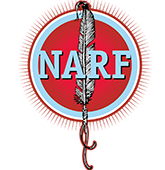The Supreme Court Upheld the Indian Child Welfare Act. The Long Struggle to Implement the Law Continues.
A recent ProPublica investigation showed how ICWA was being unevenly applied in some states, breaking up Native American families that should have received additional protections under the law. There’s still room for improvement, advocates say. Read the full article at ProPublica.
